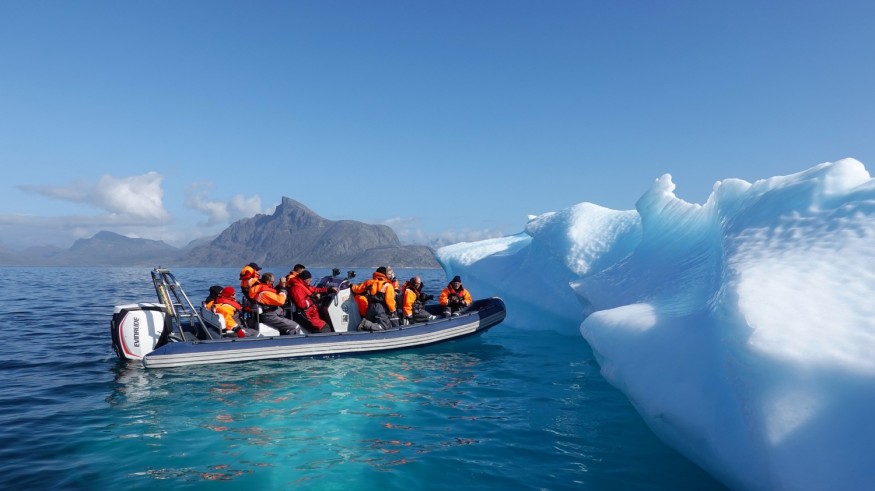
A new report discovers that the climate crisis is already damaging our health and may burden future generations to come with lifelong health problems. The situation could test overwhelmed health practices and hinder much of the medical advancement that has been made in the previous century.
According to the report published Wednesday in the medical journal The Lancet, a child born today could live in a world with 7.2 degrees Fahrenheit (4 degrees Celsius) warmer temperature on their 71st birthday if the world continues to produce the same amount of carbon emissions.
The average increase in temperature would be devastating for our health, given that a 7.2-degree difference might not sound like much. The report pointed out that the usual trajectory will result in a fundamentally altered world.
"The life of every child born today [would] be [greatly affected] by climate change. This new [period would also define] the health of people at any stage of their lives without accelerated intervention," the report said. It added that more famine, natural disasters, disease, and more serious mental health problems would be the effects of a warmer world.
Renee Salas, an emergency physician at Massachusetts General Hospital and Harvard Medical School and the lead author of the report for the United States, said climate change "disproportionately harms" specific populations such as the elderly and people with underlying health conditions. Unfortunately, children would bear the brunt of a lot of these health harms.
Warmer weather is making it likely for pathogens to live longer, causing diarrhea to children. Heatwaves are also more prolonged and more frequent and can significantly increase a person's risk of death from exposure.
Elderly, pregnant women, children, and infants are particularly vulnerable to heat-related problems such as hyperthermia, heat exhaustion, and heat stroke. Mosquitoes that roll out diseases like dengue and malaria are spreading to areas where the ailments didn't exist in the past.
Kids are also more exposed to air pollution, created by the same fossil fuels that fuel climate change and will worsen as the weather warms. Air pollution, according to reports, damages the different body organs, including the heart and lungs.
The public does not see the issue as a human health crisis just yet - researchers
Dr. Jonathan Patz, a professor and director of the Global Health Institute at the University of Wisconsin-Madison, who was not involved with the new report, told CNN that the public doesn't fully see the situation as a human health crisis yet.
"Maybe polar bears were our early indicator [which serves] as a current canary in the coal mine. The bear images, when you talk about the crisis, should be replaced with pictures of children," Patz said.
The professor said the children are suffering from the climate crisis the most. "It is [very crucial] for the public to understand the climate crisis is [definitely] a human health crisis," Paz underscored.
The report, however, said the dire situation could be avoided in the future if the world takes bold action to curb carbon emissions.
© 2026 NatureWorldNews.com All rights reserved. Do not reproduce without permission.





